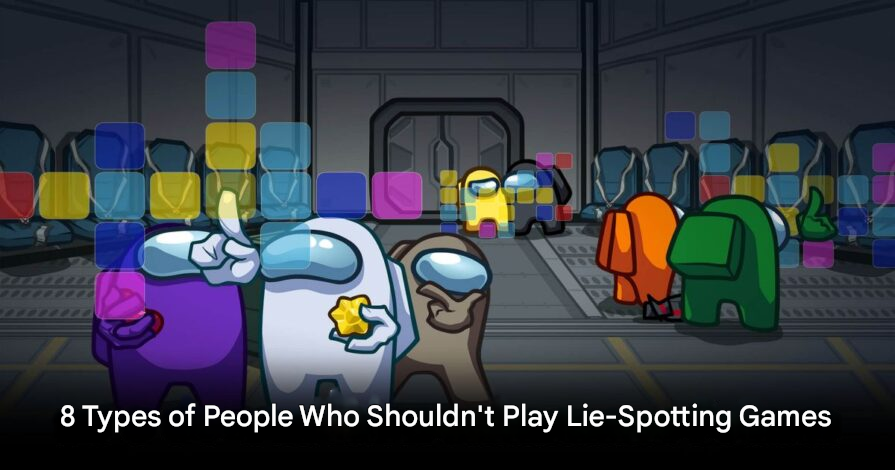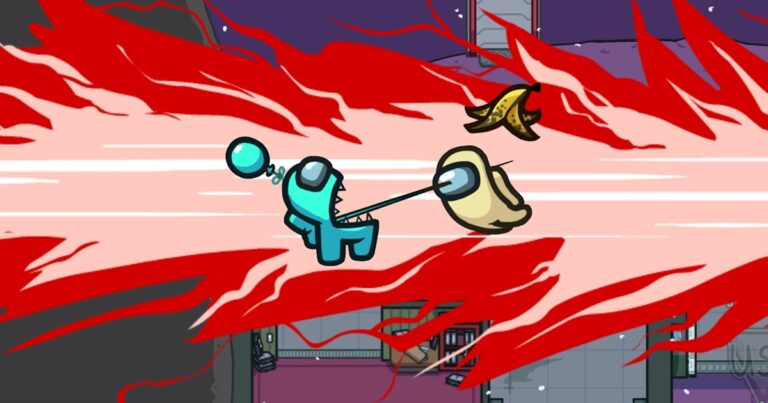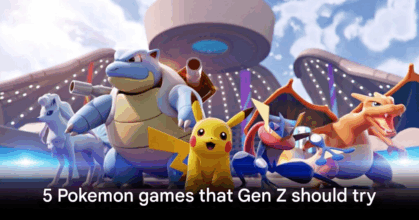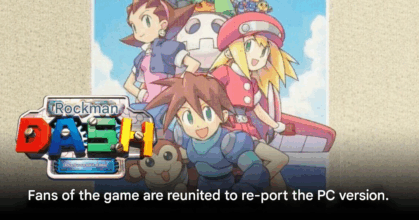Eight Types of People Who Shouldn’t Play Among Us—Because It Can Be Too Stressful

Hello, fellow gamers! Over the past few years, Among Us has exploded in popularity around the world. Its simple yet thrilling gameplay—where players take on the roles of Crewmates or Impostors, lying, deceiving, and trying to figure each other out—makes it both tense and entertaining. That said, this genre of game isn’t for everyone. Although it’s designed for fun and laughter, the pressure of deception or being falsely accused can be overwhelming for some. Let’s explore eight types of people who may want to pause and reflect before hitting Start, so you can check yourself—and your friends—before jumping in.
1. People Way Too Serious About Fairness
For some, honesty isn’t just a choice—it’s a principle, whether in real life or in games. In a game built around deception, players like this may get upset when others lie for fun. Instead of laughter, they might end up irritated by friends’ mischievous quips—and that turns tension into stress instead of fun.
2. Quick to Rage
Mistakes, misunderstandings, and being voted out—even when innocent—are game norms in Among Us. But if you’re the type who takes things personally, these incidents can spiral quickly. What should be a playful gathering can shift into a battleground of tempers, ruining fun for everyone, including yourself.
3. Easily Panicked by Betrayal
At its core, Among Us is about betrayal—Impostors stab their teammates in the back for the win. If being deceived—even in a game—sets off your anxiety, causes your heart to race, or triggers panic, gameplay may feel more like trauma than entertainment.
4. Overthinkers Who Worry Too Much
The game demands quick thinking and persuasive communication, but if your mind races with “Will I anger someone?” or “What if they hate me for this?”—you’re likely to miss the fun. Worry drains the joy from the experience, making the game feel more like work than play.
5. People Who Struggle to Communicate
Among Us centers on talk—explaining, defending, persuading. If you’re shy, dislike arguing, or simply don’t enjoy speaking up, you can easily become the scapegoat in discussions. Without a voice, you may feel helpless—and frustrated—when eliminated, making it tough to stick with the game.
6. Competitive to a Fault, Can’t Accept Losing
Although Among Us is lighthearted, some take victory—and defeat—very seriously. For those players, losing can be infuriating: “Why didn’t they trust me?” or “Why didn’t they listen?” Rather than laughs and banter, the focus becomes about blame, tension, and hurt feelings. If the pressure is too real, the game’s spirit slips away.
7. Expecting Absolute Fairness
In a game built on deception, fairness isn’t just rare—it’s the opposite. Impostors are designed to deceive, to win through lies and misdirection. If you expect equitable outcomes at all times, frustration is inevitable. Among Us is about embracing chaos—not rules—so fairness-chasers may find the experience too irritating.
8. People Who Take In-Game Drama Personally
Sometimes, the line between play and reality blurs. If you hold grudges after being betrayed in-game or let the drama extend into real life, the friendships meant to thrive can get strained. Instead of team-building fun, it becomes emotional rather than enjoyable—and that’s the opposite of what the game intends.

While, Among Us and similar social-deception games can be hilarious, stress-relieving, and perfect for bonding. Yet, not everyone vibes with lying for fun, emotional twists, or the unpredictable bustle of accusation—especially if it hits a real nerve. So before inviting your squad, check: is everyone game-ready for the chaos? That way, the only things you’ll feel are laughter, surprises, and teamwork—not stress.
Final Thought:
Personally, I believe Among Us shines as a joyful test of wits and friendship—an ironic, silly demonstration that deception can be fun when trust runs deep. The best game nights are full of laughter, dramatic reveals, and inside jokes born from “Wait—what?!” moments. But balance is key: make sure the crew’s in the right mindset. When you have empathetic, playful friends, the game becomes less about winning or losing—and more about shared stories you’ll laugh about for weeks.






